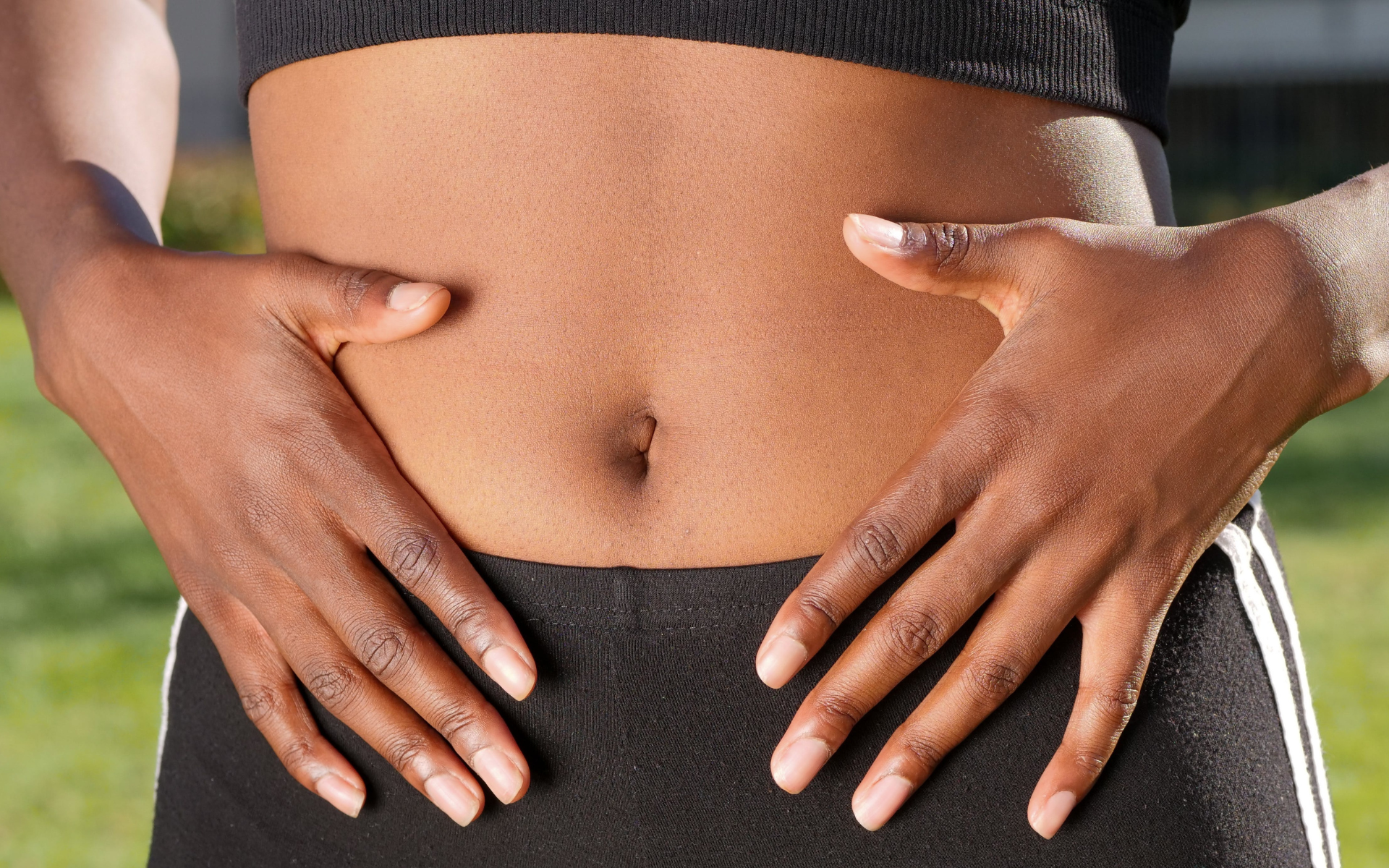In a bid to manage your weight and live a healthier life in general, you may have tried countless diets or followed endless tips and tricks to lose weight. However, when it comes to reaching your optimal weight in a healthy, sustainable way, one critical factor many people often overlook is gut health and your body's ability to digest food well.
Digestion sits in the centre of your health. In reality, the power of every morsel you eat is determined by the state of your stomach. Unhealthy colons can mean you don’t absorb nutrients, get damaging blockages, and can become more predisposed to disease thanks to the reabsorption of toxins.
The link between your gut and weight
From a weight perspective, poor digestion can contribute to weight gain in several ways:
Nutrient absorption
Inadequate digestion may impair the body's ability to break down and absorb nutrients from food, leading to deficiencies. When the body lacks essential nutrients, it might signal hunger even if enough calories have been consumed, potentially causing overeating and weight gain.
Imbalanced gut microbiota
Disruption in the balance of beneficial bacteria in the gut can affect your metabolism. An unhealthy gut microbiome might lead to increased fat storage and weight gain.
Slower metabolism
Poor digestion can slow down the metabolic rate, affecting your body's ability to burn calories efficiently. This can lead to the accumulation of excess calories as fat, contributing to weight gain.
Increased inflammation
Digestive issues such as inflammatory conditions can interfere with normal metabolic functions, leading to weight gain. Studies have shown that chronic inflammation is associated with weight gain and obesity.
Hormonal imbalance
Researchers have also found that digestive problems can influence hormone levels, including those that regulate appetite and metabolism. Imbalances in hormones like insulin and leptin may lead to increased fat storage and weight gain.
Cravings and overeating
Discomfort caused by poor digestion might lead to cravings for high-calorie, low-nutrient foods, and overeating to compensate for the lack of satisfaction or nutrients, contributing to weight gain.
To understand your gut health even better, we need to understand a little more about bacteria.
Bacteria: the good and bad
A healthy gut needs healthy bacteria. Yip, bacteria isn’t all bad! The good kinds are called probiotics, and 80% of the body’s total probiotics are found in the gut. A healthy gut has around 1 ½ kilos of good bacteria (wow), and this fluctuates daily.
Lifestyle factors like processed foods, alcohol, cigarettes, pollution and antibiotics kill off our good bacteria, and probiotics are the superheroes that boost that quota back up. Without them, unhealthy bacteria can multiply in your bowel region, lowering your immunity and putting you more at risk of infection. It can even increase your chances of chronic diseases, like type-2 diabetes and IBS.
5 ways to prioritise your gut health

Here are a few simple ways above and beyond general dietary guidelines to really prioritise gut health and give your tummy some much-needed TLC:
1 Focus on eating more plant-based foods
This includes plenty of fruits and veggies, nuts, seeds and legumes like chickpeas and beans. These are the best sources of nutrients for healthy gut bacteria.
2 Take a good quality probiotic
This will repopulate your bowel with good bacteria to tackle any overgrowth.
Look for probiotics with diverse strains of bacteria for better gut health and choose products with a high CFU (colony-forming units) count to ensure potency and effectiveness.
3 Try an elimination diet
Eliminate regular allergy foods from your diet and reintroduce them over time to watch for aggravators. These include dairy, gluten, yeast, peanuts, eggs, corn and soy. This includes just generally looking at your diet and lifestyle to see if there are any obvious tummy aggravators, like sugar and alcohol.
4 Eat more fibre-rich prebiotics
Fibre is essential for regular, healthy bowel movements, and is a key ingredient for tummy health. While fibre isn’t digested by the body, it can be digested by certain healthy bacteria in your gut – which stimulates its growth.
Here are some fibre-rich prebiotic foods that support the growth and activity of beneficial gut bacteria:
- Chicory root: Contains a high amount of inulin, a type of prebiotic fibre.
- Jerusalem artichokes: Rich in inulin, promoting the growth of beneficial bacteria in the gut.
- Dandelion greens: Contains fibre that acts as a prebiotic, supporting gut health.
- Garlic: Contains inulin and fructooligosaccharides (FOS), both prebiotic fibers.
- Onions: Rich in inulin and FOS, known to support the growth of beneficial gut bacteria.
- Asparagus: Contains inulin, aiding in the growth of beneficial bacteria in the gut.
- Bananas: Especially green, unripe bananas, which contain resistant starch, acting as a prebiotic for gut health.
Including these prebiotic-rich foods in your diet can help nourish and support the growth of beneficial gut bacteria, promoting a healthy gut microbiome.
5 Try natural supplementation
Our 50 Organic Superfoods Drink Mixes are not only enriched with 50 organic fruits and veggies, but each scoop also contains an organic prebiotic and fibre blend, as well as a unique probiotic blend (LactoSpore®) that offers 100 million CFU per serving. This special type of probiotic blend is specifically formulated to reduce gas and bloating, support the immune system, offer essential antioxidants and survive the acidic environment of the stomach so that they can reach the intestines where they have beneficial properties.



